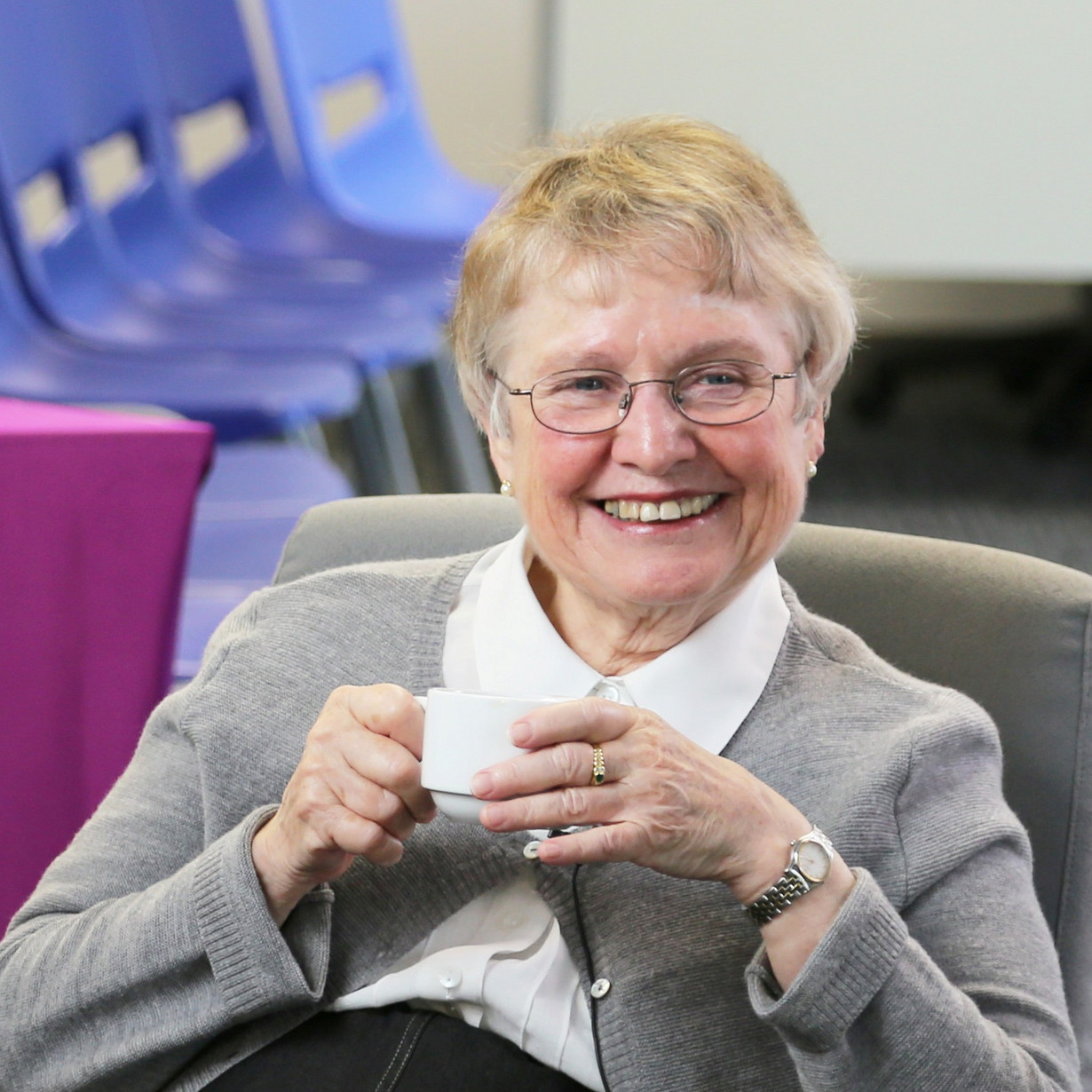
Kathy Sylva is Professor of Educational Psychology at Oxford’s Department of Education. She has conducted large-scale studies on the effects of early education/care on children’s development in both high and low-income countries. She has been a lead researcher on the Effective Pre-school, Primary and Secondary Education study (EPPSE and has led many RCT evaluations of parenting interventions. She has studied the Early Childhood Curriculum across Europe, and collaborated with international partners in a ground-breaking study of the Early Childhood ‘System’ in six high performing countries. She has published 7 books, 230 papers and developed two observation instruments for assessing pedagogical quality in early childhood centres. Kathy has been specialist adviser to Parliamentary Select Committees and received an OBE in 2008 for services to children and families. She is a Fellow of the British Academy and the British Psychological Society, and in 2014 received the British Education Association’s Nisbet Award for outstanding contribution to educational research.
The relationship between observed quality in Early Childhood centres and the development of self-regulation: longitudinal and experimental studies
There is a rich tradition in Europe of child-centred Early Childhood Education and Care (ECEC) with social development as the foremost curricular goal and free play as its main pedagogical principle. This tradition has been challenged by recent research showing that young children, especially those near school entry, benefit from some degree of ‘guided’ play. Moreover, the predominant goal of social development has been challenged by a growing amount of research on the importance of self-regulation, a cognitive skill shaped in part through adult guidance. This paper argues for the importance of observed process quality as the educational driver supporting the development of self-regulation during the pre-school years. First, multi-level models of children’s developmental progress in a large, longitudinal study in England demonstrate the contribution of process quality in ECEC to the development of self-regulation as measured at the end of primary school. Second, an experimental intervention shows the contribution of a parent app to increasing parental skill in support of children’s self-regulation. Together, the two studies paint a compelling picture of adult guidance in supporting children’s development. The paper ends with consideration of the ethics of ‘too much’ adult guidance. How might this be studied in the context of collaborating with very young children in researching their wishes and preferences?